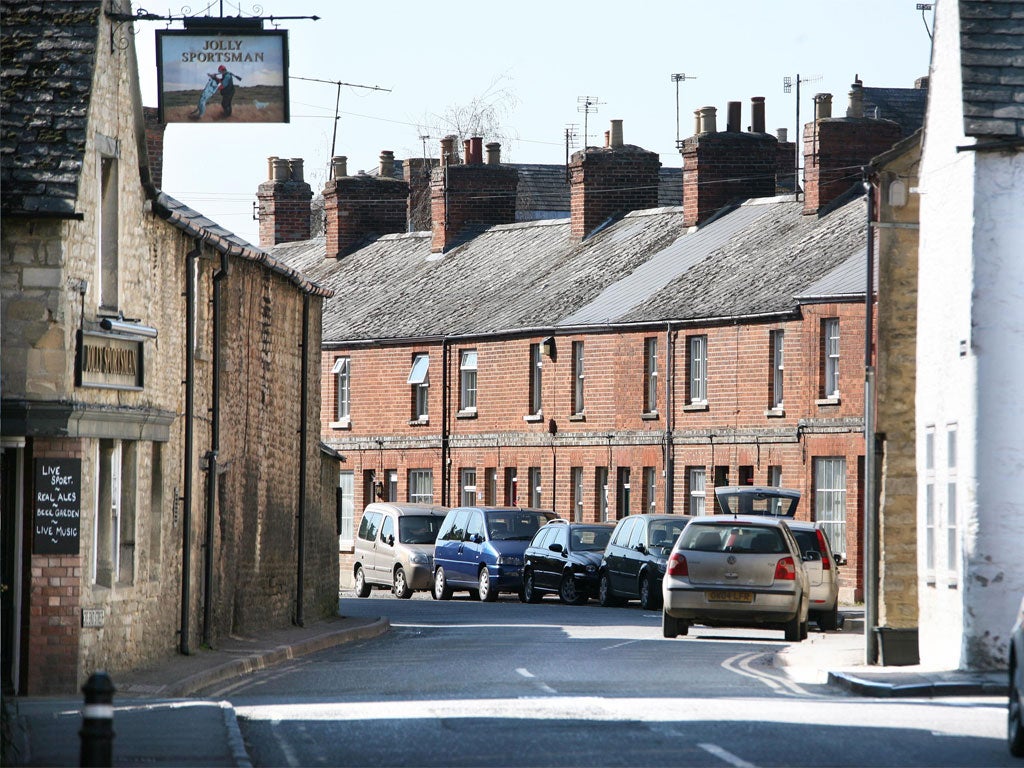Streamlined planning system 'recognises intrinsic value and beauty of countryside'

Your support helps us to tell the story
From reproductive rights to climate change to Big Tech, The Independent is on the ground when the story is developing. Whether it's investigating the financials of Elon Musk's pro-Trump PAC or producing our latest documentary, 'The A Word', which shines a light on the American women fighting for reproductive rights, we know how important it is to parse out the facts from the messaging.
At such a critical moment in US history, we need reporters on the ground. Your donation allows us to keep sending journalists to speak to both sides of the story.
The Independent is trusted by Americans across the entire political spectrum. And unlike many other quality news outlets, we choose not to lock Americans out of our reporting and analysis with paywalls. We believe quality journalism should be available to everyone, paid for by those who can afford it.
Your support makes all the difference.The intrinsic value of ordinary unprotected countryside will continue to be recognised in the new streamlined planning system, the Government announced yesterday in a major concession to countryside campaigners.
The reassurance, given in the final version of its National Planning Policy Framework, was one of several major compromises made by ministers after the draft of the framework, published last summer, was fiercely criticised by environmental groups led by the National Trust and the Campaign to Protect Rural England.
The new framework reduces 1,300 pages of planning guidance, contained in 44 separate documents, to one document 47 pages in length, outlining a system intended first and foremost to foster development and economic growth, in the face of the recession and the worst housing shortage for many years. It is the biggest shake-up of the planning system since it began in 1947.
But critics maintained that in its draft, the Government had lost sight of the fact that a principal purpose of the planning system in England was to preserve the countryside and its worth in the face of ever-increasing pressures.
During the autumn the dispute became heated, with the Government appearing to be at odds with many of its natural supporters, to the discomfort of Tory MPs.
The document published yesterday by the Planning Minister, Greg Clark, makes it clear that despite the urging of the Chancellor, George Osborne, who was the original driving force behind the changes and who vigorously defended the draft, ministers have listened to the criticisms.
A principal one was that the value of the ordinary "everyday" countryside – the 55 per cent of England not covered by National Parks, greenbelts and the like – was no longer given explicit value in the new system, as it had been in previous planning guidance. This has now been changed and Mr Clark told MPs yesterday that the new framework "recognises the intrinsic value and beauty of the countryside, whether specifically designated or not."
Other concessions included a much wider, environmentally friendly definition of "sustainable development" – important because "a presumption in favour of sustainable development" remains at the heart of the new system.
Join our commenting forum
Join thought-provoking conversations, follow other Independent readers and see their replies
Comments